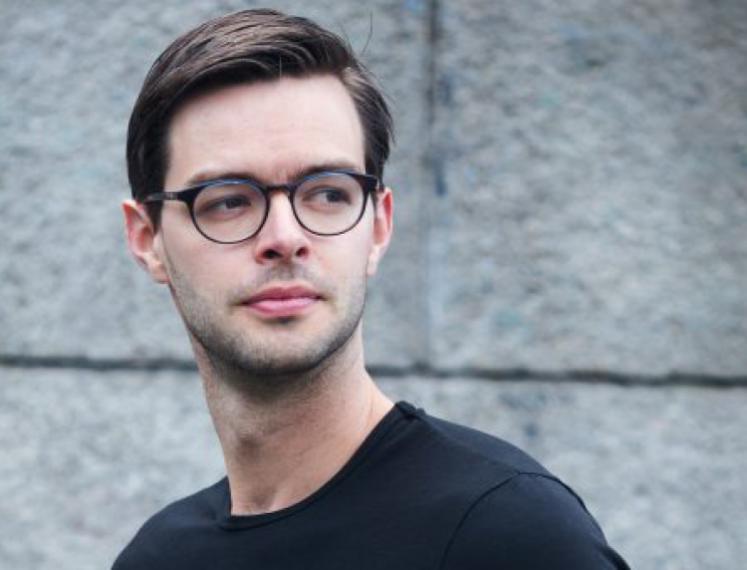Living with the Dead
The ancient Greek Philosopher Diogenes the Cynic was perhaps the first to tell the plausible and, at the same time, impossible truth that the dead human body really is nothing, irrelevant to itself and to the world of the living.
For millennia, the voices of sceptics speaking in the name of Diogenes, have mocked the social pretensions of doing things for the dead, especially the foolishness of funerary practices. In his forthcoming book the prominent cultural historian Thomas Laqueur claims that there is no such a thing as “a general attitude towards death”, as it is a personal and intimate event. What is it that is distinctively modern about death, and particularly about putting the dead to rest in cemeteries? In the decades around 1800, the dead began to move decisively away from the living into cities of their own: out of churchyards and other religious spaces. The secular, explicitly landscaped, memorial park is an invention of this critical period. How can we understand death in an age when it has lost much of its religious meaning and seems to stand only as the opposite of life, a biological fact more than a metaphysical truth?
Thomas Laqueur is a cultural historian at the University of California, Berkeley where he teaches modern European history, human rights, the history of sexuality, and death and dying from a historical and contemporary medical perspective. He has written about a wide range of matters from working class religion and literacy to the history of humanitarianism, reproductive biology, and the Holocaust. He also contributes regularly to the London Review of Books. His most famous books are Making Sex: Body and Gender from the Greeks to Freud (1990) and Solitary Sex: A Cultural History of Masturbation (2003) in which he advocates the cultural reconstruction of the human body. Why were the very obvious differences between the sexes only radically reinterpreted in the eighteenth century? And why did the universal practice of masturbation become, for the first time, medically and morally loaded during the Age of Reason? Currently Laqueur is finishing a book called The Work of the Dead. His lecture in Groningen will be about this latest work, within the broader framework of how the histories of sex and death articulate.
This lecture is organised in cooperation with the Department of History of the University of Groningen.
Interesting linksWikipedia Thomas Laqueur
National Humanities center 'Spaces of the Dead'
London Review of Books 'Among the Graves'
Wikipedia 'Making of Sex'
The Mit Press 'Solitary Sex'



